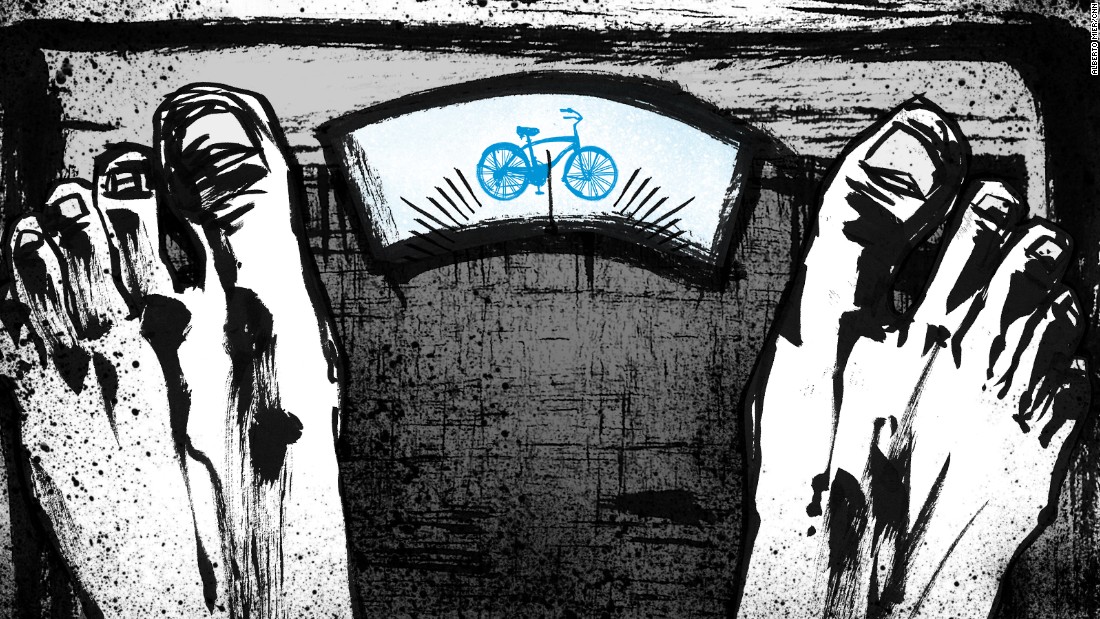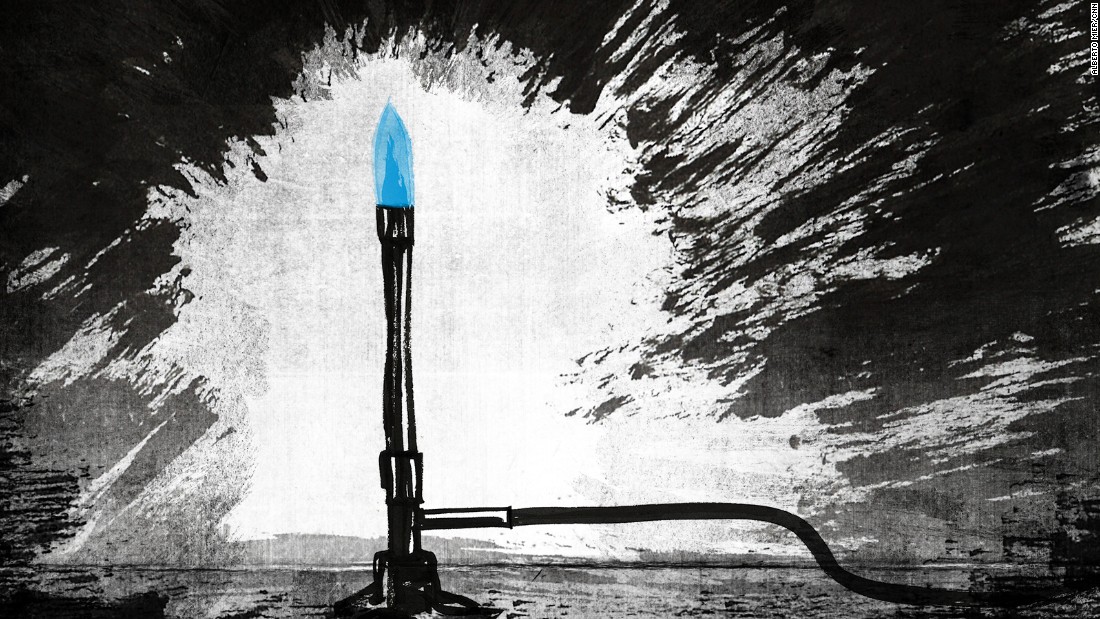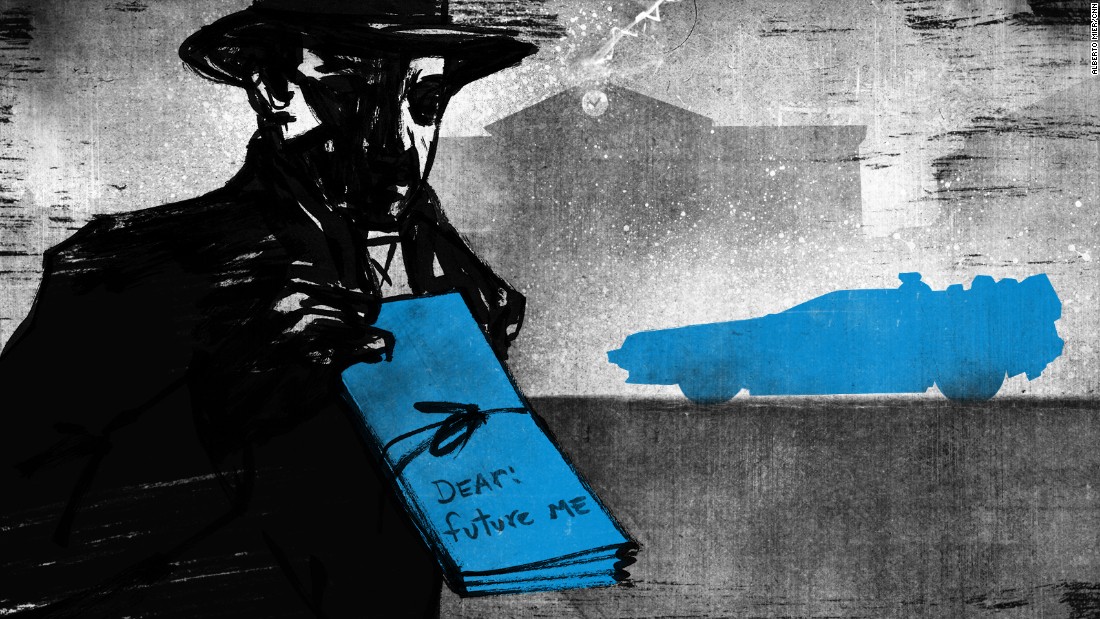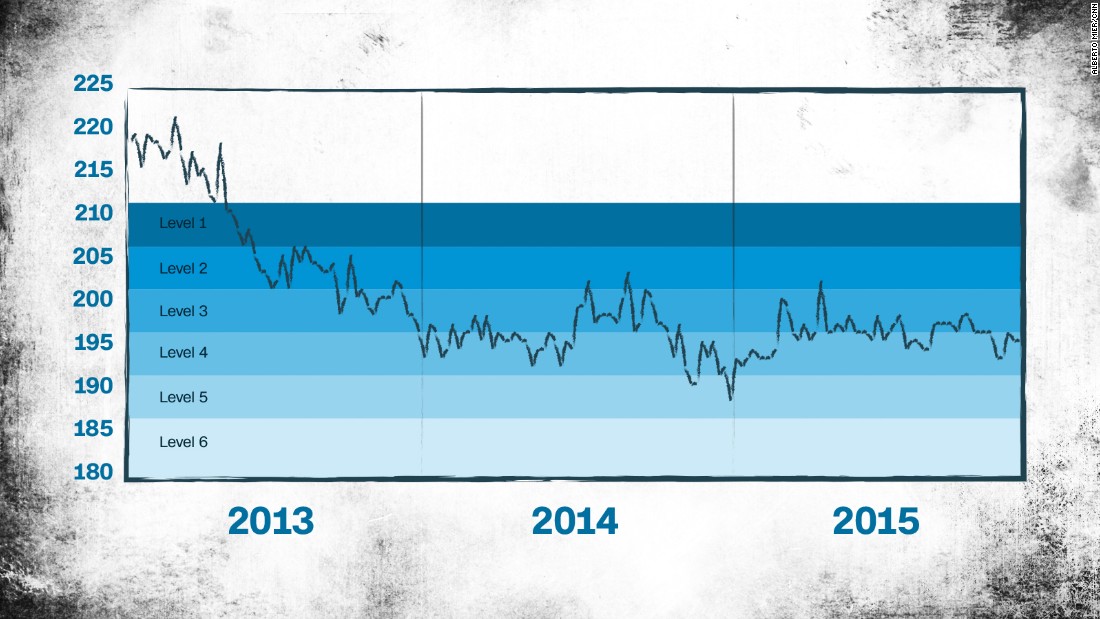
(CNN)Every year at my parochial elementary school, the students were conscripted into selling chocolate bars as a fundraiser, not unlike how Girl Scouts sell cookies to raise money for their local troop.
The sales were meant to subsidize my cash-strapped school and fund basic supplies, books and the occasional field trip. But the sales incentive for myself and other students was not supporting education. It was the prizes.
Brochures displaying shiny toys and games were handed out at an annual, “Music Man”-esque assembly led by a representative of the fundraising company. If you sold, say, 50 bars, you picked from the first tier of prizes, such as a simple bike lock. Sell 100 bars and you had a nicer set of prizes from which to choose. And so on, until the top layer with the big prizes, such as a bike.
The motivating interests of students, the school and our patrons were different, but aligned. The school got its money, the public got its chocolate, and we got our toys.
This scheme works with little kids too. Stickers and prizes for good behavior, potty training, what have you. They may be motivated by the reward, but they doubly benefit from establishing a new habit.
I needed to start a new habit and thought I’d try to reward myself with prizes if I was successful.
The real incentive versus the virtuous wrong one
After years of calorie counting, of exercise regimes, of flirting with diets and food restrictions, I had an epiphany three years ago that being more fit was simply not enough of a motivation for me to make a change.
I thought I wanted to be trim so badly that I could stick to some diet and exercise plan to get there, but it turns out I want ice cream, bagels and movie popcorn more than I wanted to shed the extra 30 pounds I was carrying.
Then I remembered the chocolate bar scheme. What do I want more than a general desire to lose weight (and also more than cheesecake)? Prizes! Gifts for me that I won’t simply buy for myself, and that no one else even knows I want.
The next part was the most fun. In the days leading up to New Year’s, I made a list of things I really want, ranging from a bottle of the Belgian beer Chimay to a Brompton folding bike, with a lot of nostalgic childhood toys and ski gear in between. I broke them down (by cost) into six levels that corresponded with weight ranges. I made a PowerPoint brochure so I could see them all together.
And as I approach the end of the third year, I’m doing OK. Level 5 might be a stretch, but if I didn’t have my incentive program in place, I’d be dunking a cruller in a mocha latte while writing about something else right now.
The point of sharing this system isn’t for you to replicate my experiment. It may not work for you, especially if you simply buy things you want. The point is to get you to think about applying the general principle of incentivizing a behavior in which the intrinsic reward is not enough of a motivation. Find a motivator, and even if it’s different from your intended goal, it can help you reach it.
Don’t miss another Wisdom Project column by subscribing here.
If you hate to exercise, maybe you can find ways to make it so much fun you don’t think of it as a workout, like taking a fitness class with friends or joining a sport so that socializing is the real incentive. If you’re trying to quit a bad habit, maybe you reward yourself with other, less harmful or addicting indulgences after increasingly longer abstentions.
There’s always something you want, right? Can you figure out how to give that to yourself to incentivize a behavior you can’t otherwise master for its own sake? If so, you’ll indubitably find the experience, uh, rewarding.
source http://allofbeer.com/the-know-thyself-weight-loss-resolution/




No comments:
Post a Comment